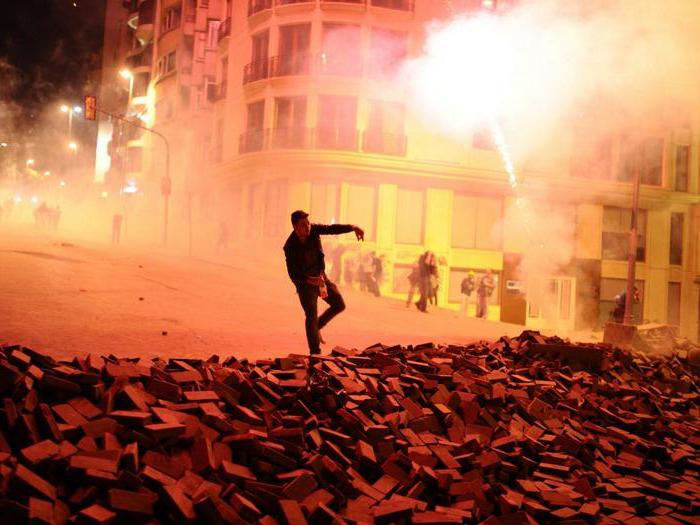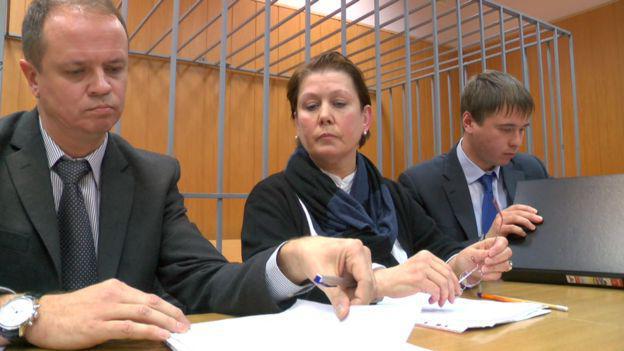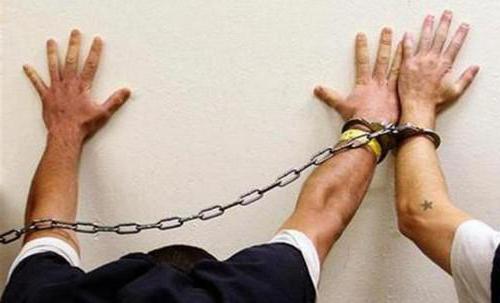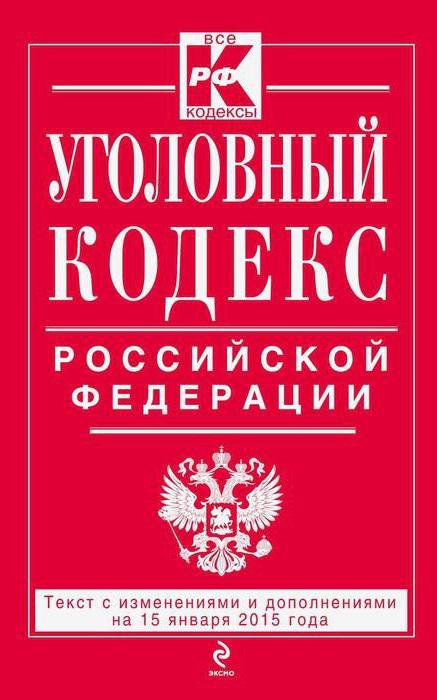The Constitution in force in the Russian Federation guarantees all citizens equal freedoms and rights regardless of race, political affiliation, gender, language, property, official status, place of residence, religious beliefs, or other circumstances. In Russia, inciting religious, national, social, racial hatred is not allowed. These acts are a crime and punishable by Art. 282 of the Criminal Code. With comments we will get to know the norm later. 
The content of the article
In the new edition of Art. 282 of the Criminal Code fixed punishment for actions aimed at:
- Degrading the dignity, honor of an individual or group of citizens.
- Arousal of hostility / hatred of a person or community of citizens.
Sanctions are applied if these actions were carried out publicly or using the media, the Internet in connection with the racial, gender, nationality of the victims, their origin, religion, or belonging to any group.
Composition of a crime under Art. 282 of the Criminal Code is qualifying if the specified acts are committed:
- with the use of violent acts or with threats of their use;
- subject using official position;
- as part of an organized group.
Punishments for these acts are provided for in the form of:
- Fine.
- Forced labor.
- Imprisonment.
Forcible labor as an additional sanction is imposed a ban on carrying out activities or filling posts of certain types. 
Commentary on Art. 282 of the Criminal Code
The considered norm is aimed at ensuring the protection of public relations, within the framework of which the state guarantees recognition and respect for the honor and dignity of the individual, regardless of any signs (social or physical). AT Art. 282 of the Criminal Code responsibility for actions committed with intent aimed at inciting hostility, humiliation of a person or association of citizens is provided for. Accordingly, the provisions of the norm do not violate, but rather protect the human and civil rights.
Objective part
As an object, relations are taking shape in the field of ensuring the equal rights of citizens, regardless of any circumstances.
The objective side of the act provided Art. 282 of the Criminal Code, are actions aimed at influencing people through various means. These can be drawings, words, documents, behavioral acts. All of them are undertaken to create conflict situations in society.
The propaganda of the inferiority of a race, of any religious beliefs, belonging to a certain social group, etc., is aimed at inciting people to decide to commit unlawful actions or to facilitate their commission.
Composition fixed Art. 282 of the Criminal Codeis considered formal. A crime shall be deemed completed at the time of the commission of any act aimed at inciting hatred, humiliation of a person or association of persons in connection with their gender, religious affiliation, origin, race, etc. 
Publicity
One of the main conditions for liability under Art.. 282 of the Criminal Code is the publicity of action. Calls for conflict can be expressed at meetings, rallies, expressed in leaflets, on posters, in magazines, newspapers. Those responsible can use radio or television, public information and communication systems, including the Internet.
Actions that are designed to familiarize oneself with propaganda materials subsequently are also considered public.
Publicity implies directing messages to an indefinite circle of subjects. Accordingly, it is absent if the appeal is addressed to several specific citizens.
Action Features
Enmity should be understood not only as a motive for committing an act, but also actions and relationships characterized by hostility and hatred.
The humiliation of a person or association of persons is called a negative assessment in a generalized form. It is aimed at discrediting the individual, undermining the authority of the face both in his own eyes and in the eyes of other people. 
Actions aimed at inciting hatred / enmity are, for example, statements that affirm or justify the need for mass repression, genocide, deportation, other unlawful acts (including violence) against members of a particular race, nation, religionists, etc. .
Meanwhile, criticism of religious associations, political parties, ideological associations, national customs should not be regarded as unlawful actions aimed at inciting hatred, if it does not have other signs fixed Art. 282 of the Criminal Code.
Judicial Practice Issues
If criticism is directed at an official (professional politician), when identifying in it actions related to degrading dignity and honor, the courts should take into account the provisions of the Declaration on freedom of discussion in the political sphere, as well as the practice of the ECHR. In accordance with the available materials, figures who want to enlist the support of society agree to become an object of criticism and discussion.
The effectiveness of the work of statesmen can be freely discussed among the people. Criticism of officials is necessary to ensure their responsible and transparent performance of duties.
A discussion of the beliefs and actions of politicians should not in itself be regarded as a humiliation of their dignity and honor. This is due to the fact that in relation to these subjects the scope of criticism is much wider than in relation to private individuals. 
The nuances of the norm
The consequences of actions related to the humiliation of a person or a group of subjects, incitement of hostility, can be riots, armed rebellion and other negative phenomena. In such situations, the offense is subject to qualification for the totality of crimes.
The law does not specify the actions that characterize the objective aspect of the crime. Article 282 contains only an indication of the orientation of the behavior of the perpetrators:
- Arousal of religious, national, racial hatred - a call for reprisal against subjects belonging to another nationality, or to their deportation.
- The degradation of the dignity and honor of individuals is an insult affecting national feelings, and so on.
At the same time, the perpetrators can promote the exclusivity of the race to which they belong, to indicate the inferiority of persons in connection with their religious beliefs.
Exceptions
It is possible to hold persons liable for active actions that have an external expression according to the considered norm.
It is not considered a crime to make conclusions and judgments containing facts of interfaith, interethnic, and other social relations in political or scientific texts and discussions that are not aimed at inciting hatred and humiliating representatives of any group. 
Subjective aspect
Responsible under Article 282 can be brought sane subject who has reached 16 years of age.
The act is always committed with direct intent. The guilty understands that his actions violate constitutional provisions that guarantee the equal rights of all entities, regardless of any circumstances, may lead to hostility or hatred, or to degrade the dignity and honor of others, but he wishes these consequences to occur.